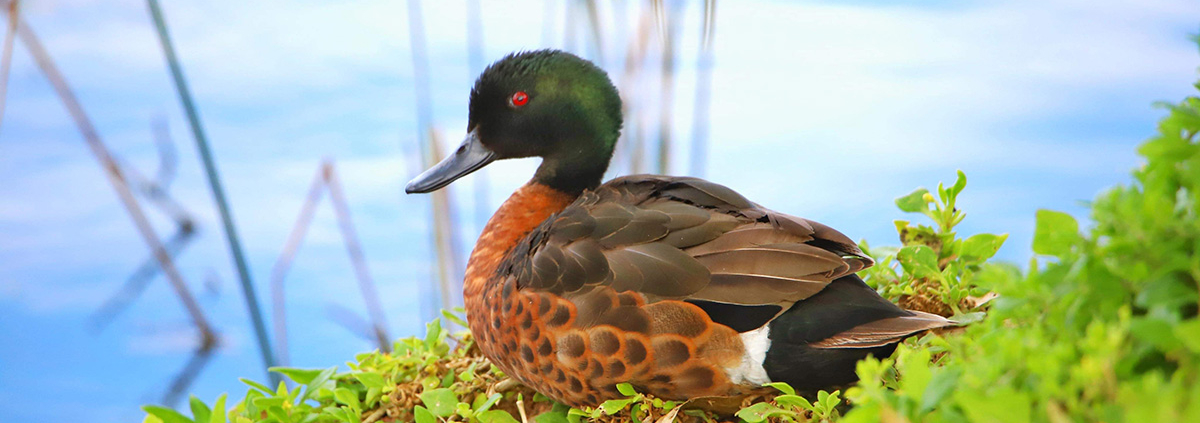Victoria Duck Hunting: Conservationists Face Criticism Once Again
As the 2024 duck season in Victoria, Australia, looms near, enthusiasts and critics alike find themselves in a familiar debate arena. The annual ritual of Victoria duck hunting, deeply entrenched in tradition and heritage, faces yet another round of scrutiny and contention. Spearheaded by figures like George Purcell and the Animal Justice Party, the anti-duck hunting brigade continues its fervent campaign to banish this time-honored pursuit.
In the wake of the 2023 season, marked by stringent regulations (including severely curtailed bag limits) and parliamentary inquiries, the fate of Victorian duck hunting hangs in the balance. The recommendation for a statewide ban echoes loudly, triggering a pivotal question: Why the relentless push for prohibition?
At the heart of the matter lies the crucial issue of sustainability. Advocates of responsible conservation emphasize the imperative of aligning hunting practices with the preservation of species populations. Enter the Game Management Authority (GMA), the custodian of scientific rigor and stewardship in Victoria’s hunting landscape.
Victoria Duck Hunting: The Prowse Report

In October of the preceding year, the GMA unveiled a comprehensive, 31-page report authored by Thomas Prowse, who meticulously examined duck populations and the impact of harvesting practices. Anchored in an Adaptive Harvest Management framework, the report delivers a resounding verdict: Duck hunting, within specified limits, exerts no discernible threat to the ecological balance of Victorian species.
Prowse found the following through complex harvest models:
- For some species, up to a 30-percent harvest take was sustainable for populations over a 50-year timespan
- With multiple caveats in place, a very precautionary harvest limit between 10 and 20 percent is recommended
- Hunting under those harvest limits (even up to 30 percent) is sustainable to maintain duck populations in Victoria
Victoria Duck Hunting: Opposing Motives
With the scientific verdict rendered, attention shifts to the underlying motives for the proposed ban. Beneath the veneer of environmental concern lies a fundamental clash of lifestyles—a verdict rendered not on scientific grounds, but rather subjective ethics and personal preferences.
In a society espousing diversity and tolerance, the call for acceptance reverberates across all facets of life. Just as dietary choices vary, so too do recreational pursuits, each deserving of acknowledgement and respect, provided they are conducted ethically and responsibly.
As self-proclaimed conservationists, hunters have a duty to pull back should any population encounter hurdles. If the science tells us a species is in jeopardy, we as hunters should welcome a moratorium with support, and would absolutely abide by it. But if opposing claims lack sufficient data, how can we ignore the true motive behind a proposed ban?
2024 Victoria Duck Hunting Season
- Season open: 8 a.m. Wednesday, April 10, 2024
- Season close: 30 minutes after sunset Wednesday, June 5, 2024
- Bag Limit: Six per day
- Huntable species: Pacific black duck, mountain duck, chestnut teal, grey teal, pink-eared duck, and wood duck
Looking Ahead

As the clock ticks towards the 2024 Duck season opening on April 10, hunters find themselves under intensified scrutiny. Every action becomes a testament to their commitment to integrity and conservation. Amidst the thrill of the hunt, a responsibility falls on us to be courteous, respectful, and above all, vigilant custodians of the land and its inhabitants.
The 2024 season, spanning eight weeks with a daily quota of six birds, beckons hunters to tread with unwavering mindfulness. While the 8 a.m. commencement may lack scientific rationale, it stands as a concession amidst broader negotiations.
Think before you pull the trigger. Follow up on every wounded duck. Film every interaction. Report any illegal activity.
The vast majority of hunters are law-abiding, responsible, and ethical hunters. We don’t tolerate illegal activities, nor do we condone unethical behavior. We will always treat our wildlife like the sacred resource it is, protecting our ducks, wetland habitats, and time spent afield connecting with a greater creator.



